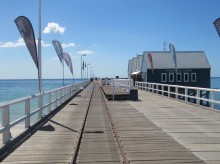 I missed this very important recent posting on Bill White’s website which is well worth reading.
I missed this very important recent posting on Bill White’s website which is well worth reading.
‘Research on addiction recovery is quite scant compared to the volumes of research on addiction-related pathologies and clinical interventions. Additionally, some of the most important research on addiction recovery is buried in academic journals, rarely if ever read by the people who need it most – addiction treatment professionals and people needing, seeking or in recovery. Such is the case of studies on the role of work in addiction recovery.
In 2011, Dieter Henkel of the Institute for Addiction Research at the University of Applied Sciences in Frankfurt, Germany, conducted a comprehensive review of international studies on the relationship between substance use and employment that was published in Current Drug Abuse Reviews (4, 4-27). Henkel drew the following conclusions from his review of more than 130 scientific studies:















